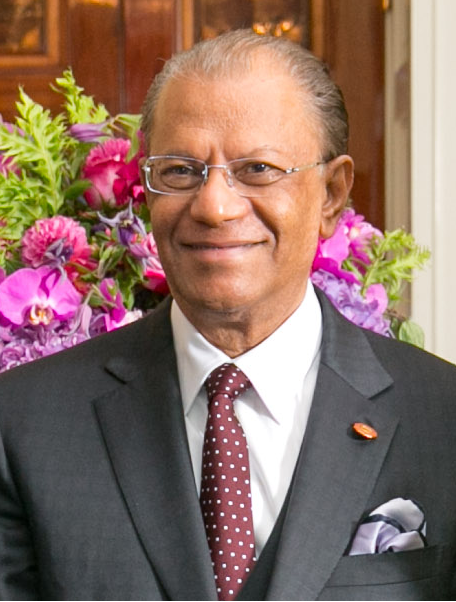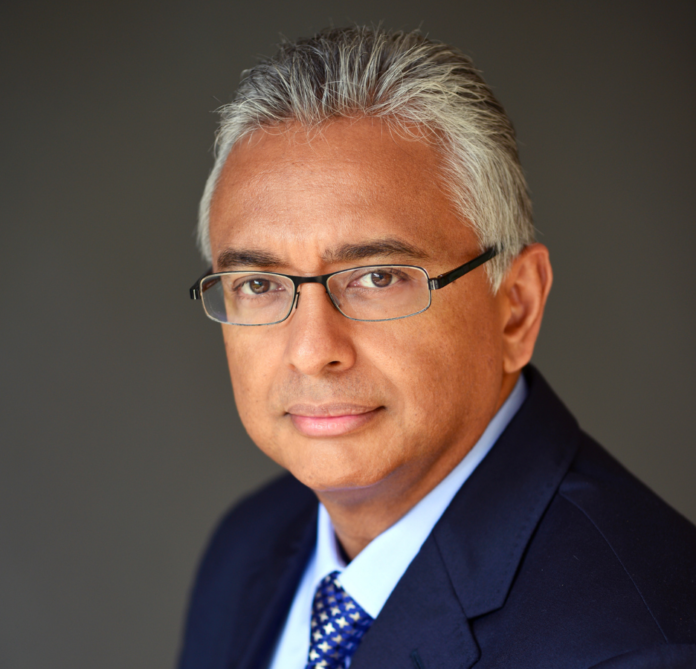The prime minister of Mauritius has accepted that his coalition, L ‘Alliance Lepep, has suffered a “huge defeat” following Sunday’s parliamentary election.
“The population has decided to choose another team,” Prime Minister Pravind Jugnauth, 62, told journalists yesterday, Monday.

Jugnauth was seeking a second five-year term, but his main rival, Navin Ramgoolam, 77, leader of the Alliance of Change coalition, looks set to become the next leader of the Indian Ocean archipelago.
Mauritius has consistently been ranked as one of the most peaceful countries in Africa. Mauritius gained independence from the UK in 1968 as a Parliamentary Republic and has remained a stable democracy with regular free elections and a positive human rights record. The country also attracted considerable foreign investment and now has one of Africa’s highest per capita incomes.
Mauritius is known as one of Africa’s most stable democracies, but this election was tainted by a phone-tapping scandal, with leaked recordings of public figures posted online. In response, the government issued a social media ban until after the election, although this led to an outcry and the decision was reversed within 24 hours. People were dancing and singing in the streets with vuvuzelas, the national flags in their hands and fire crackers.
Mauritius is also renowned for its breathtaking beaches like Belle Mare, Flic-en-Flac, and Trou aux Biches, offering an idyllic setting for relaxation and water sports. Cultural Fusion: Mauritius is a melting pot of cultures with influences from Indian, African, Chinese, and European traditions.

A citizen who voted for the Alliance for Change told the BBC that “growing public dissatisfaction” was a major reason the ruling party lost.
The cost-of-living crisis has been a major issue for many Mauritians, along with a growing concern about governance and corruption. On the campaign trail, both parties promised to improve the lives of people on the islands.
Ramgoolam – whose father was a liberation hero and has already twice served as prime minister – said he would increase pensions, introduce free transport and internet and reduce fuel costs.
Mauritius’ former foreign minister and a member of the opposition coalition, Arvin Boolell, told the BBC Newsday programme the election was a “victory of the people”.
Voter turnout was about 80%, according to the electoral commission. And citizens went to the polls to elect lawmakers for the 62 seats in parliament for the next five years.
Additionally, up to eight “best loser” seats are allocated to ensure fair ethnic representation in parliament.
The vote comes after a historic agreement in which the UK gave up sovereignty over the Chagos Islands to Mauritius.




